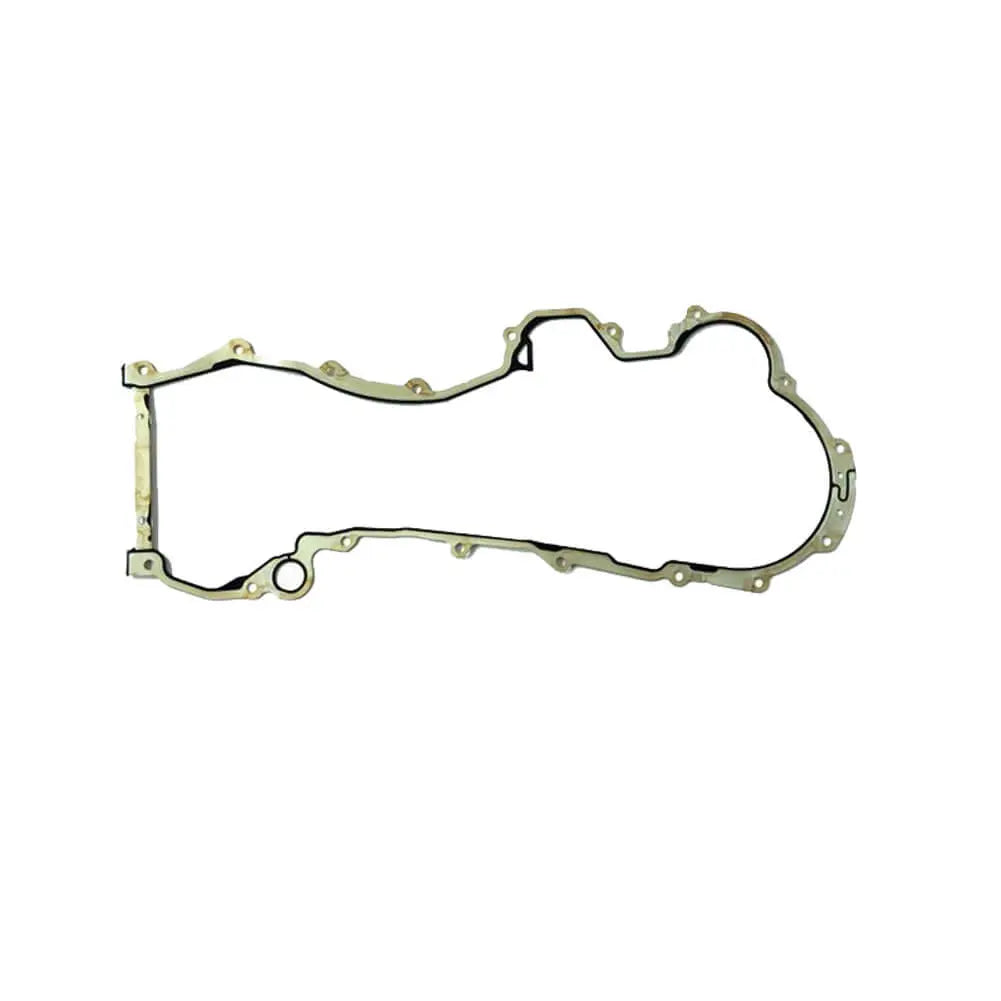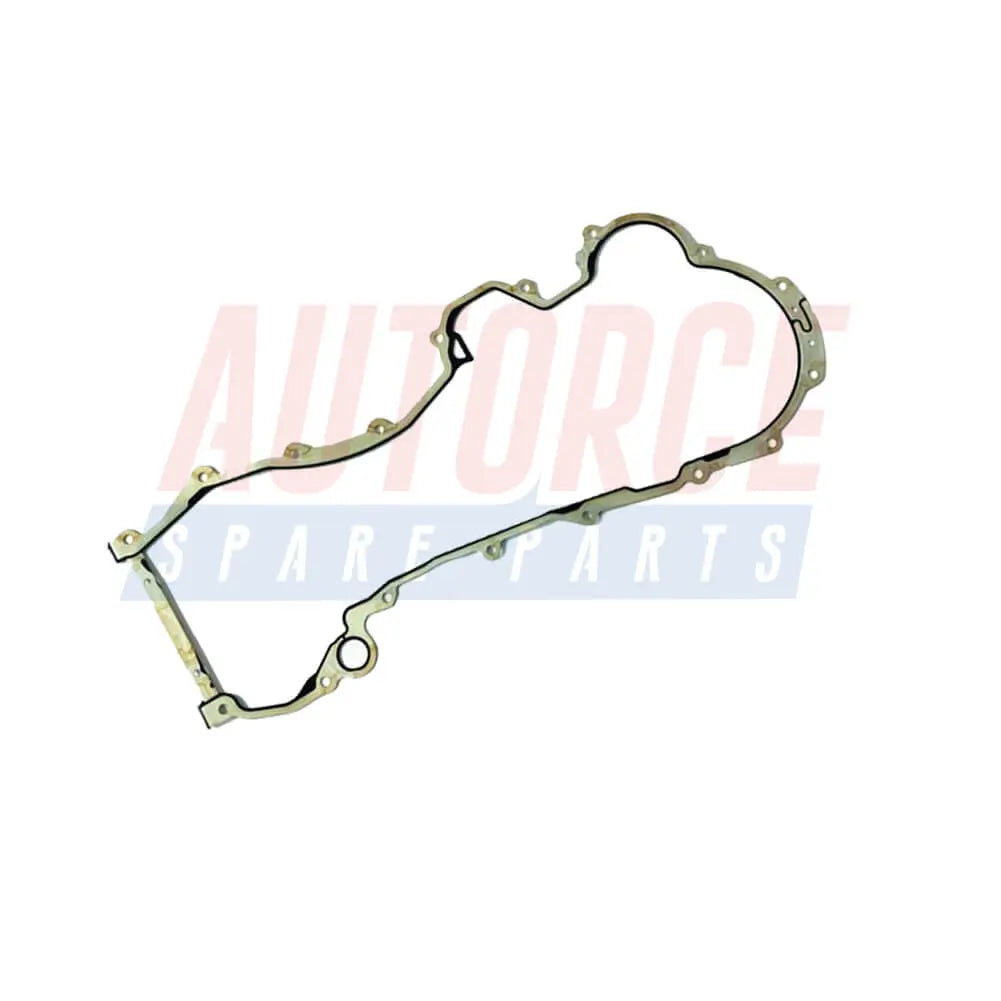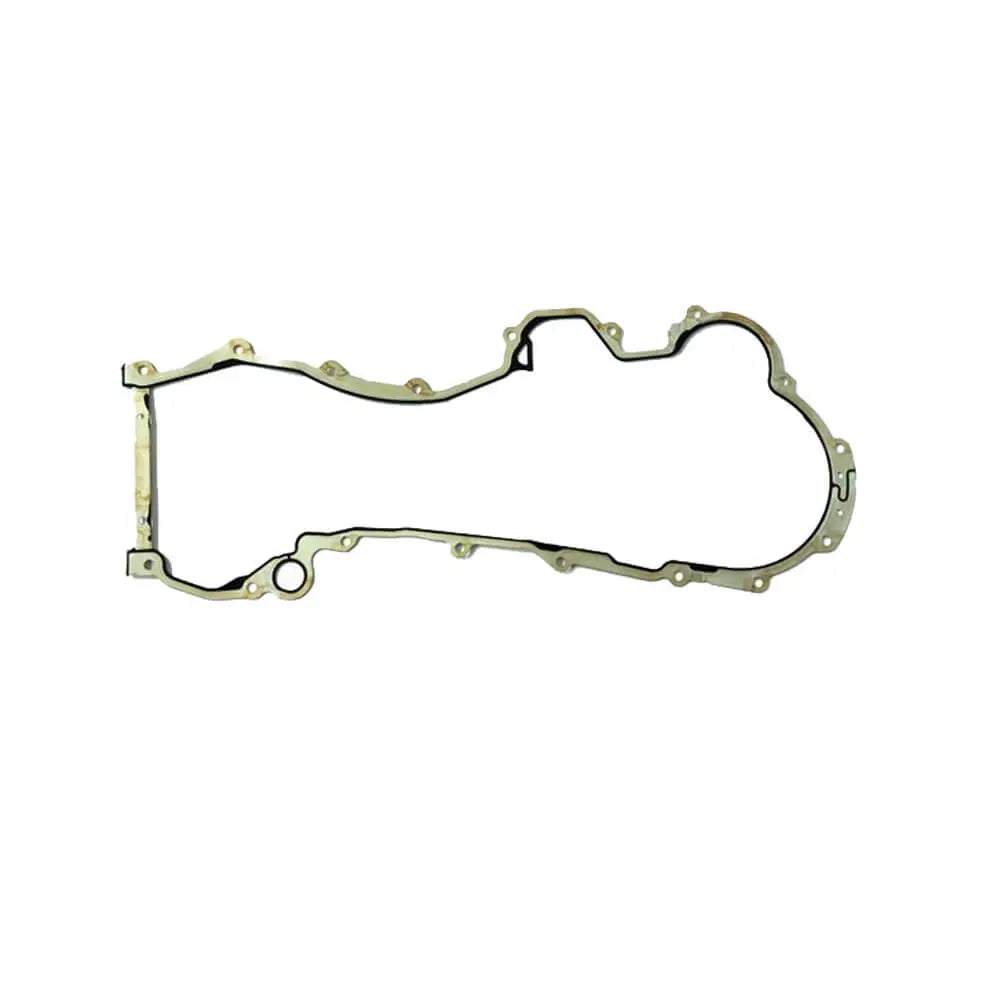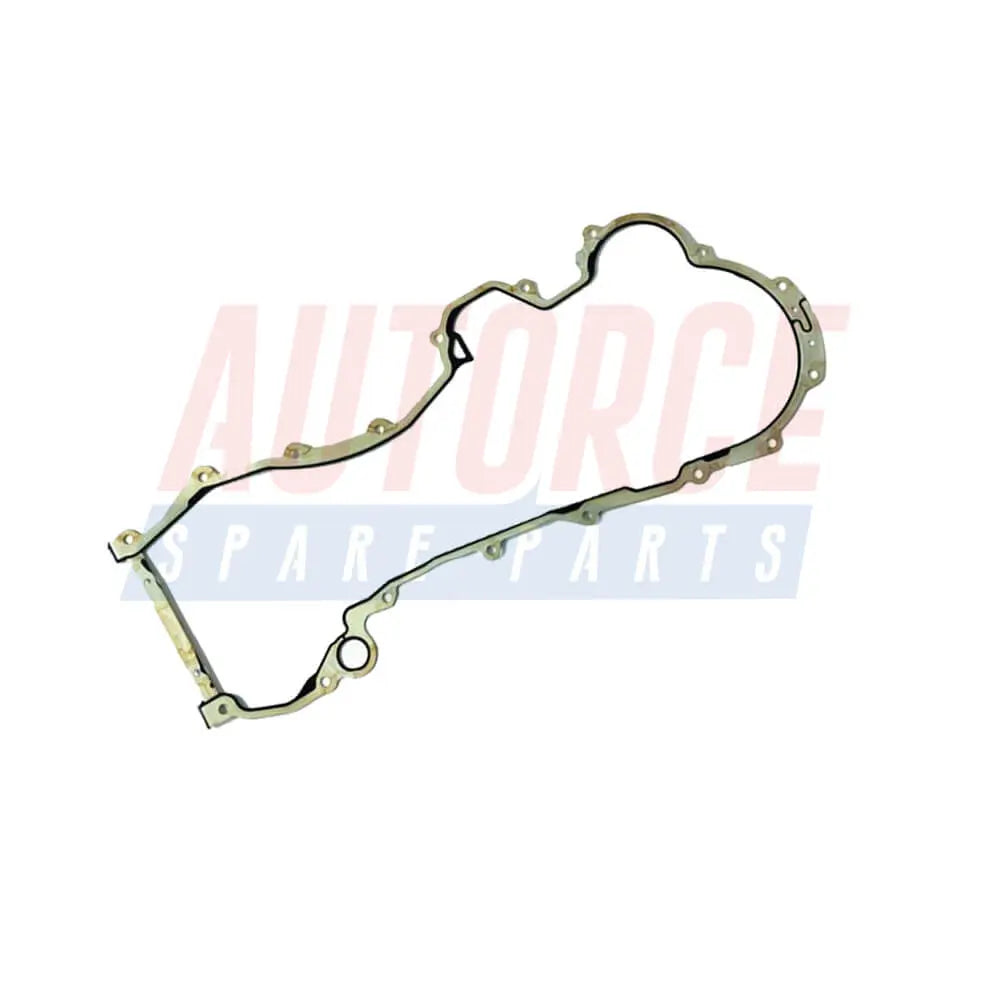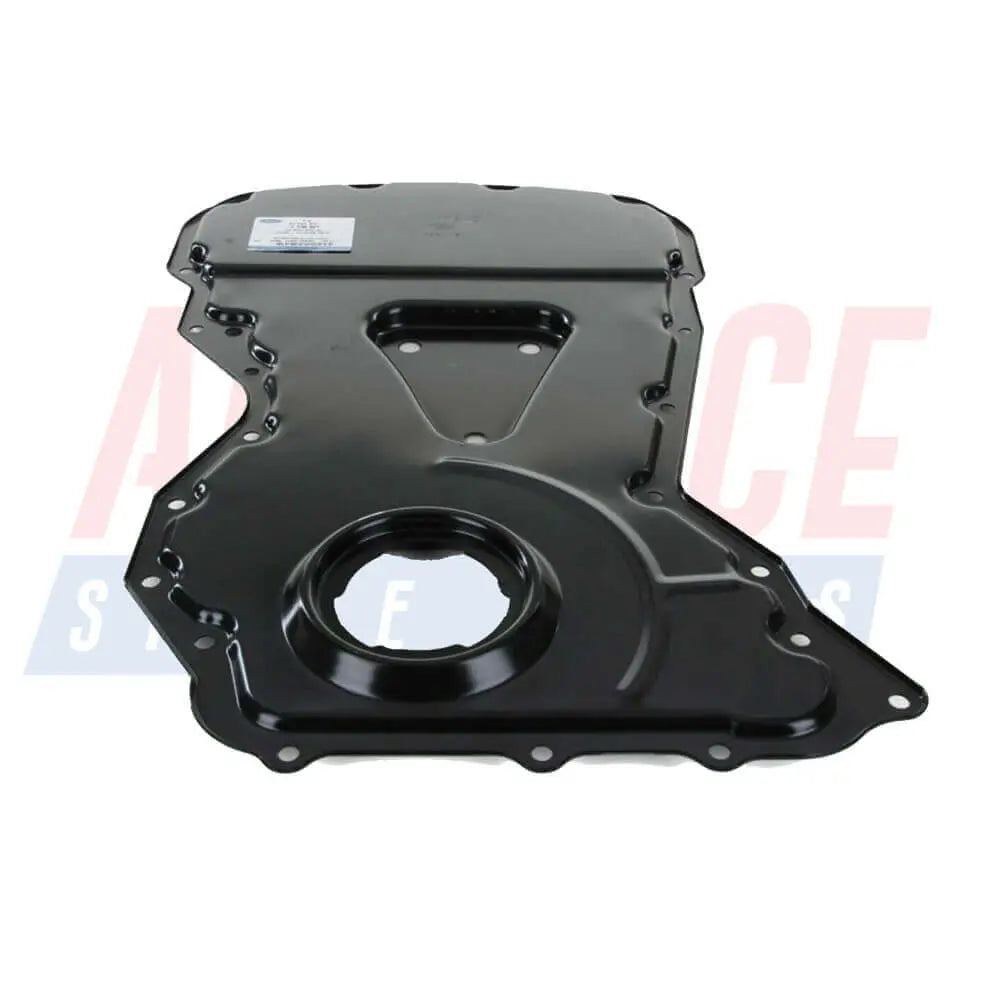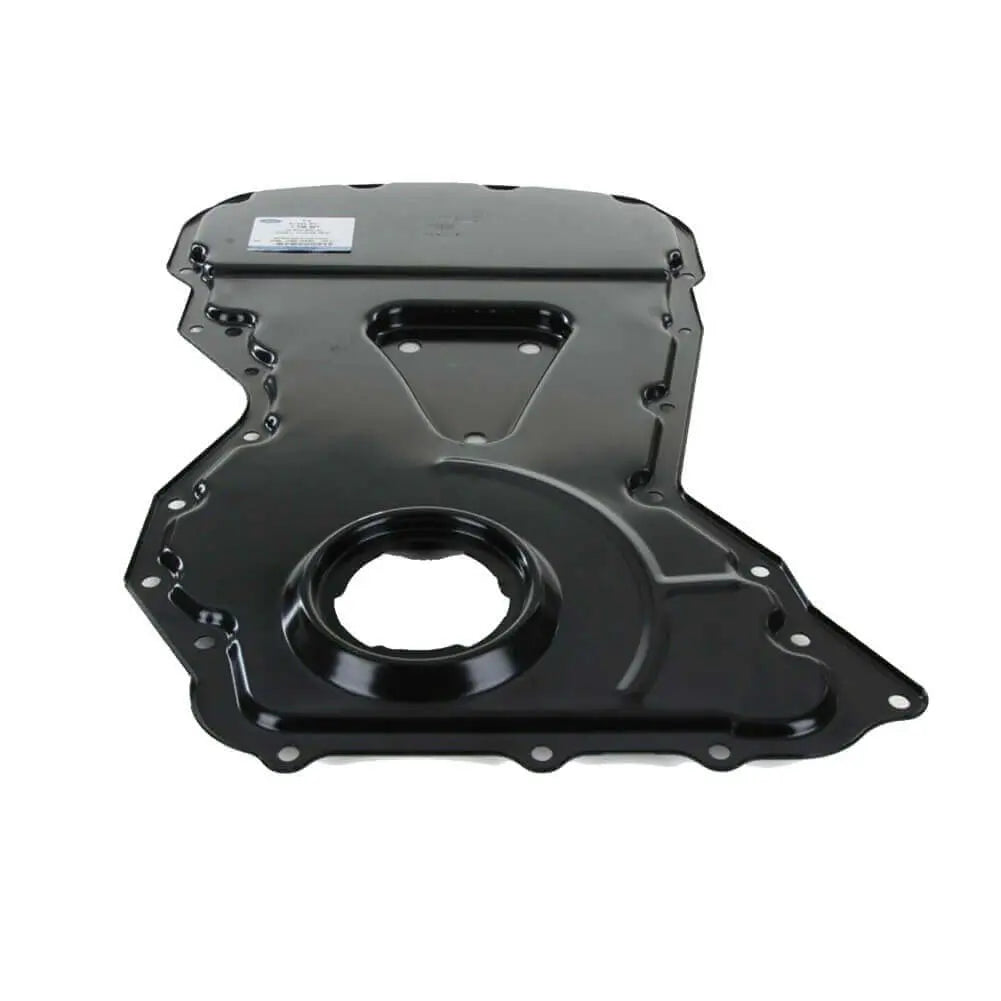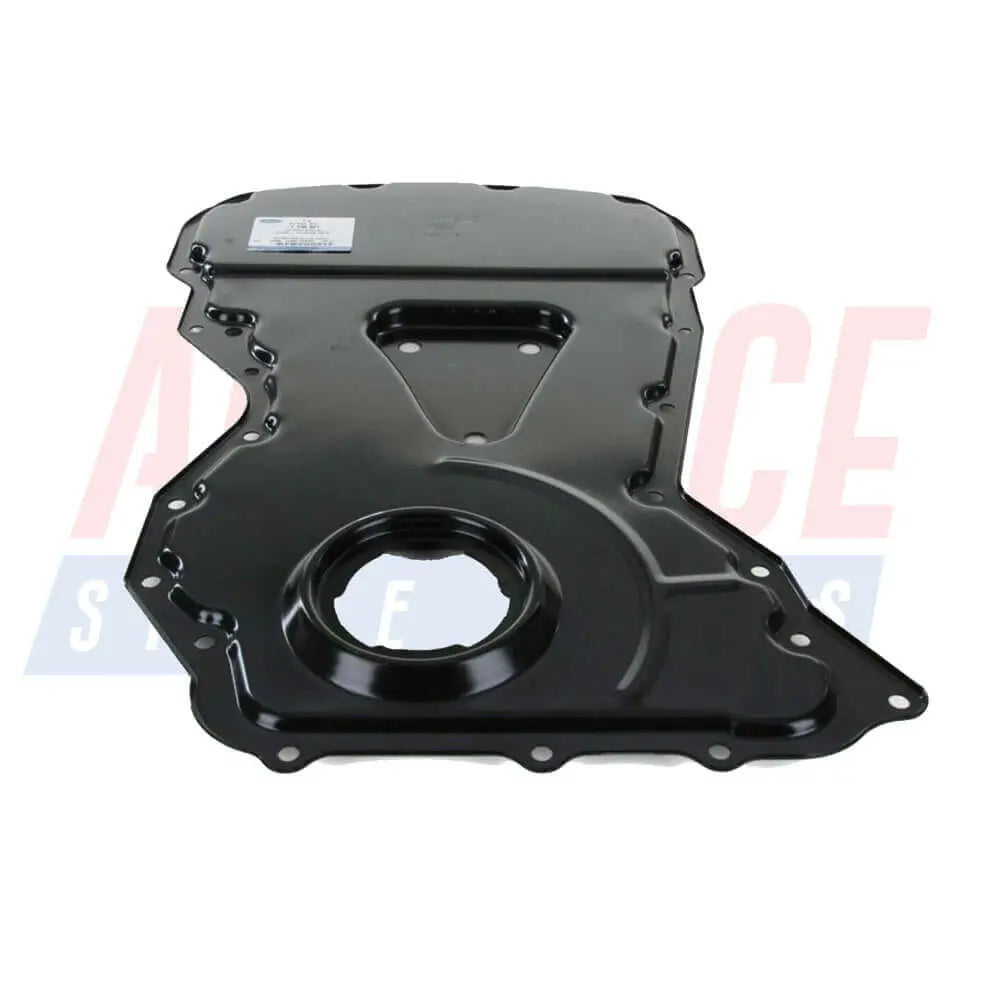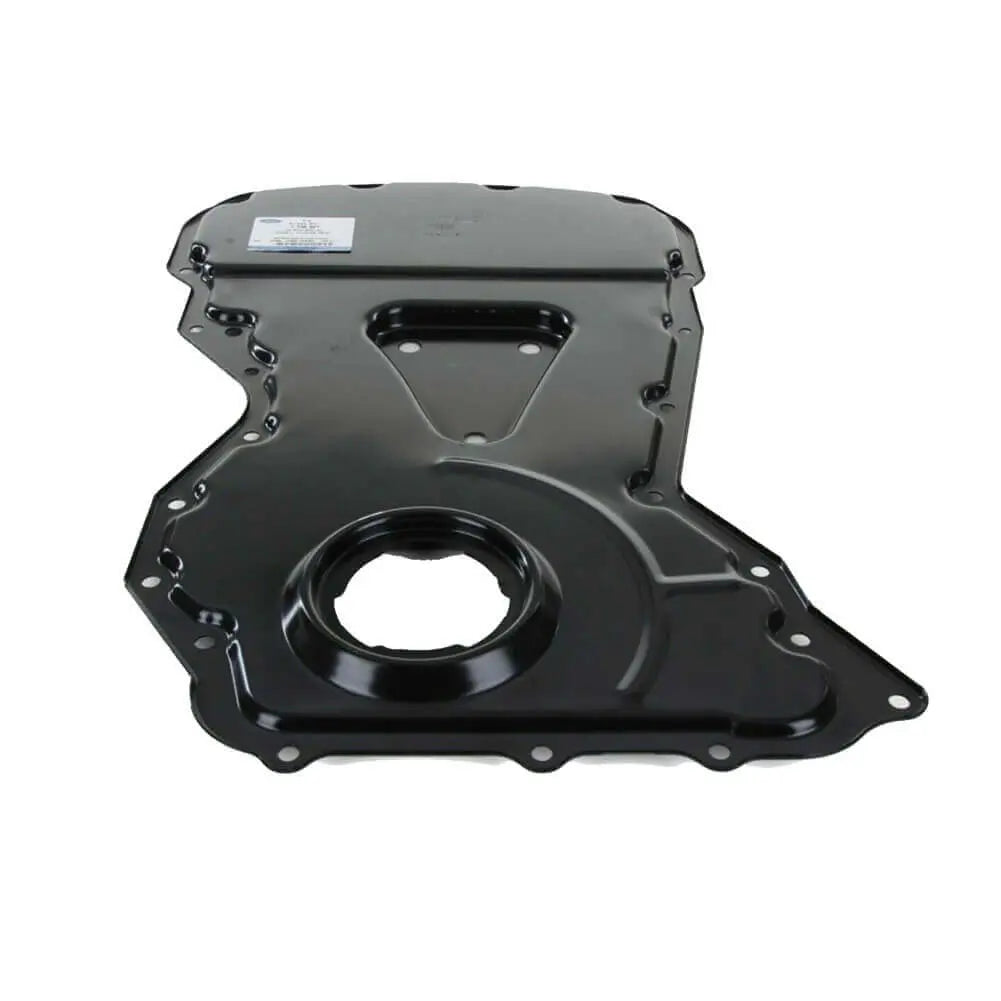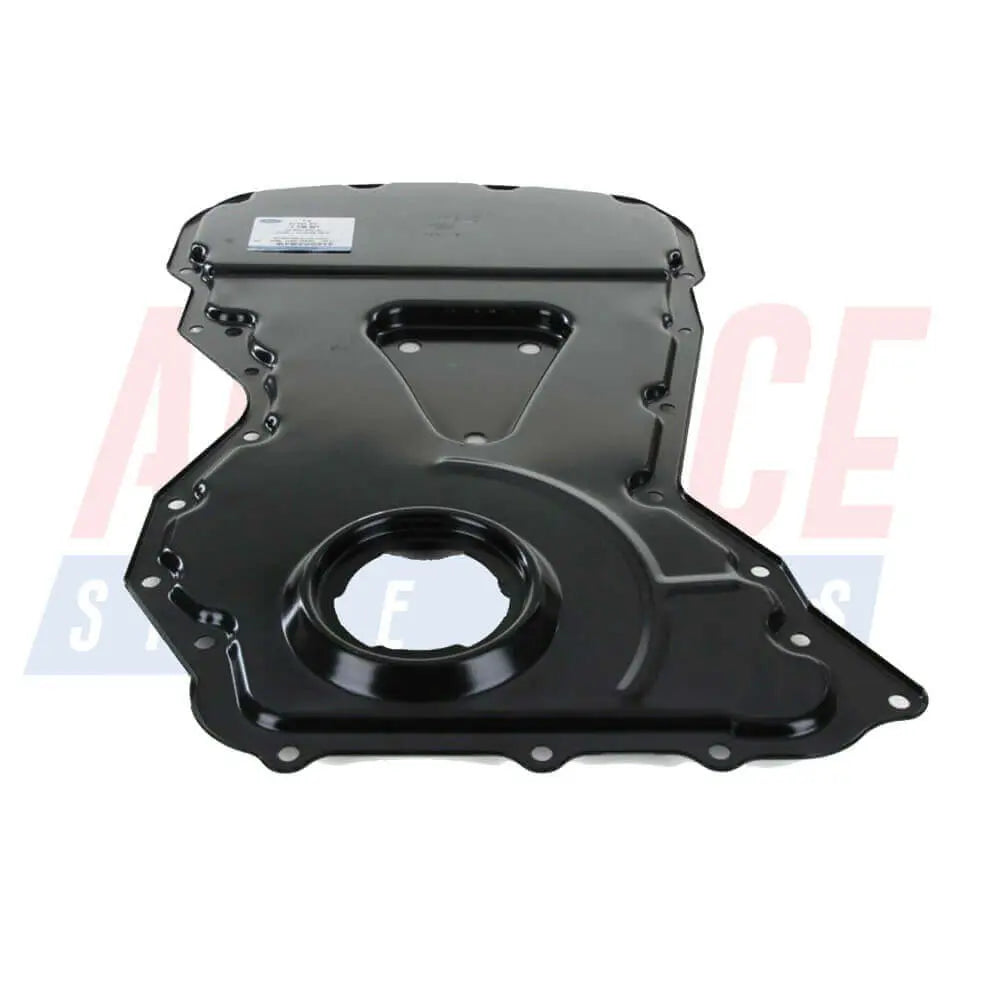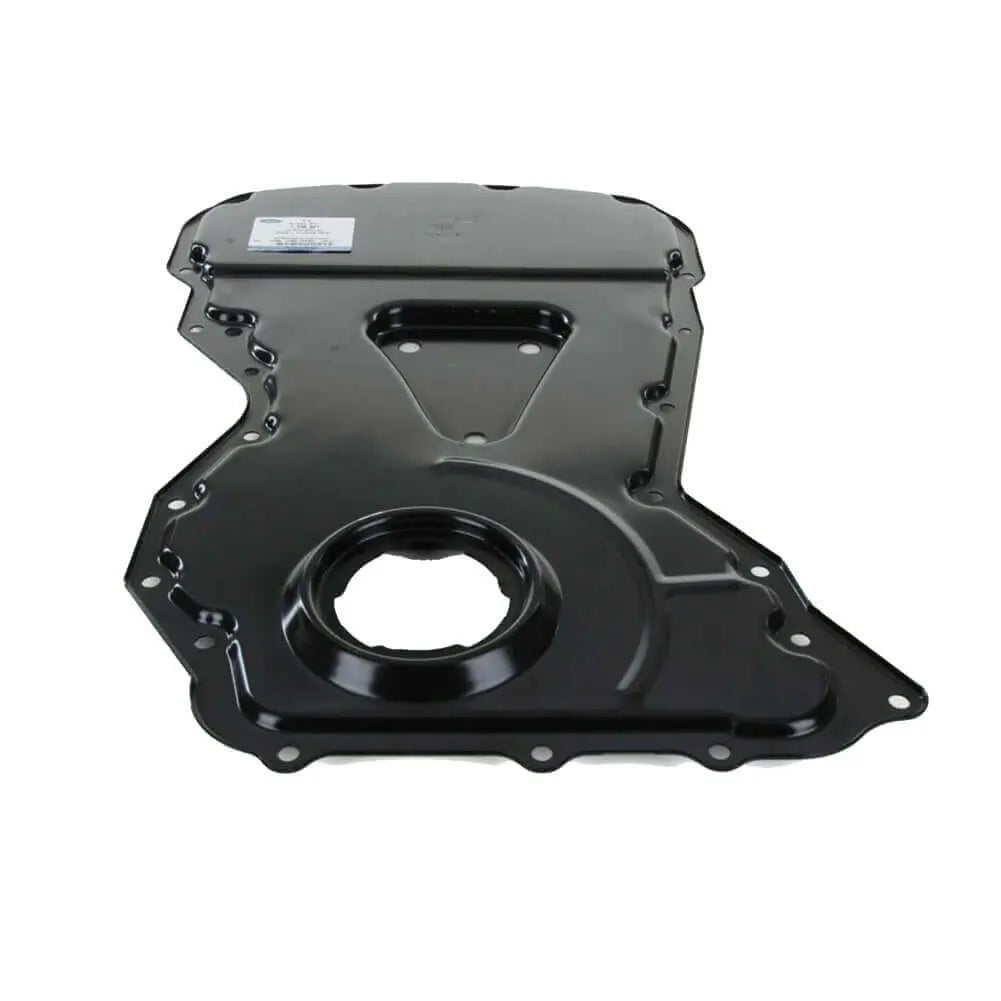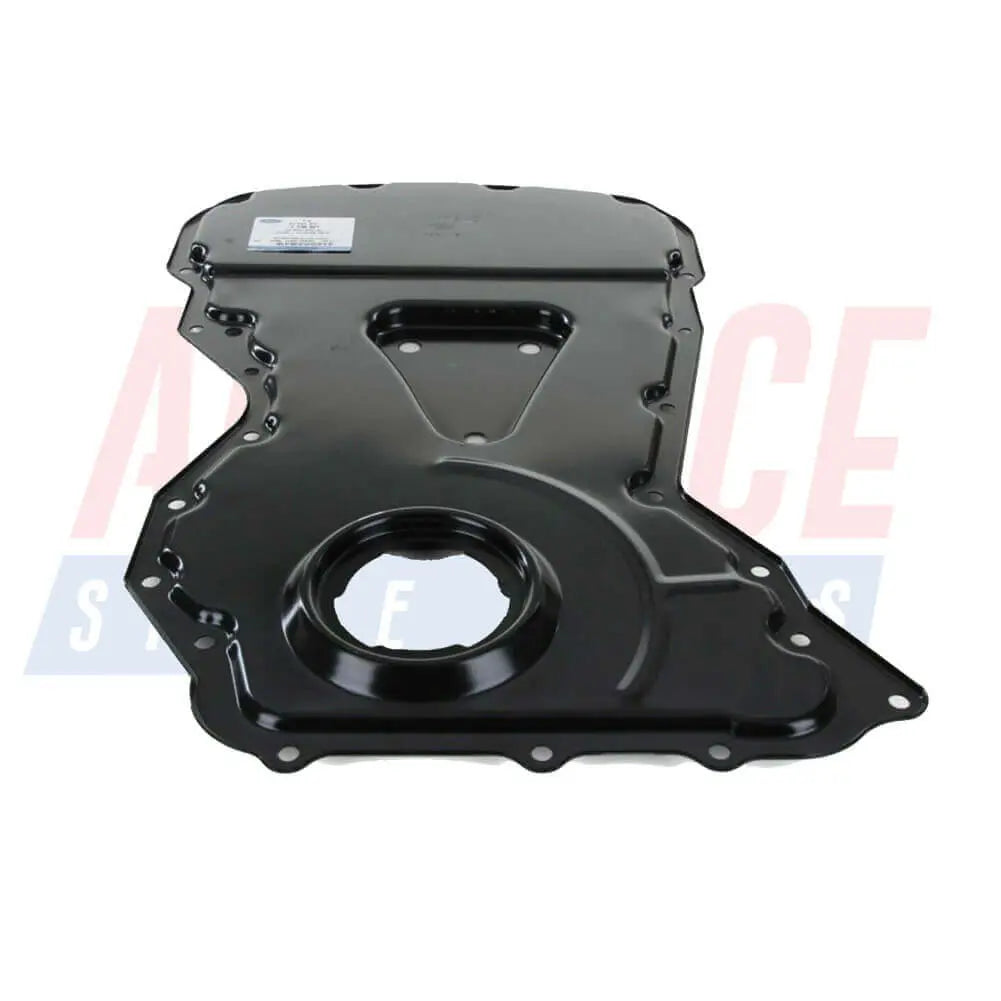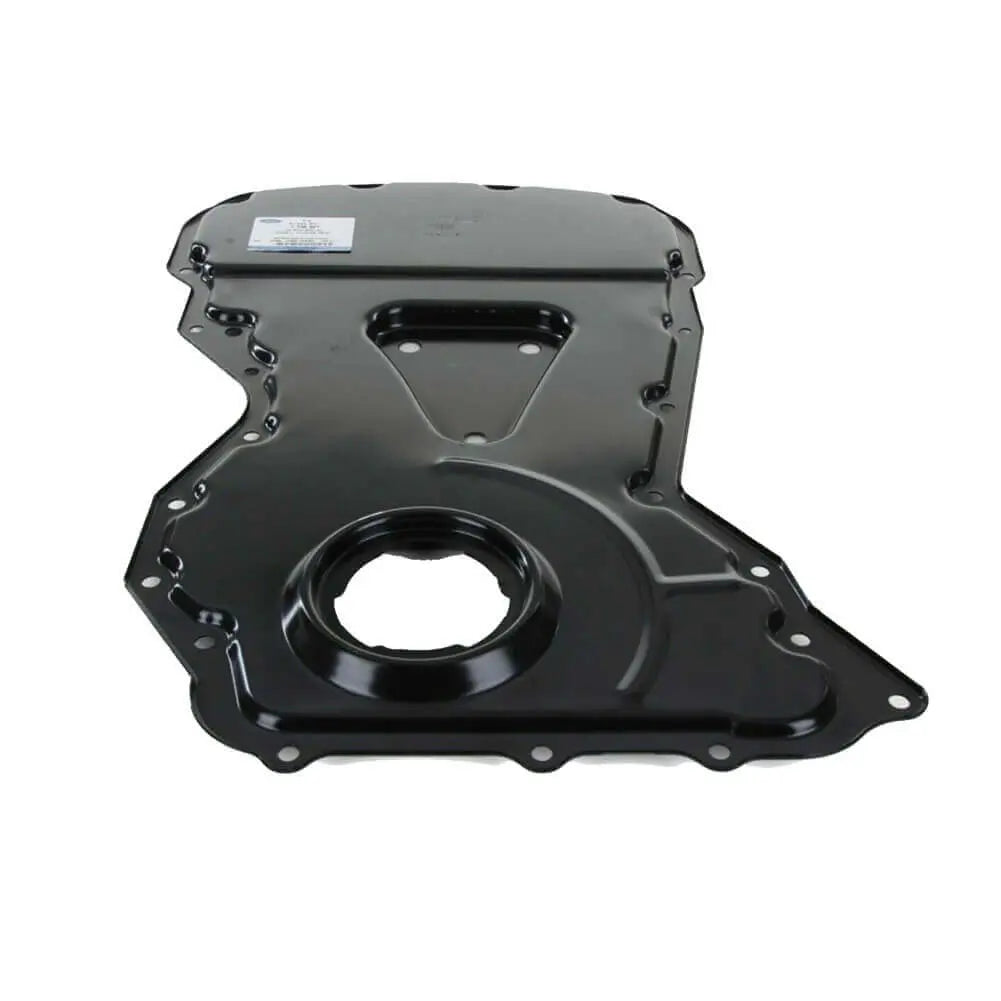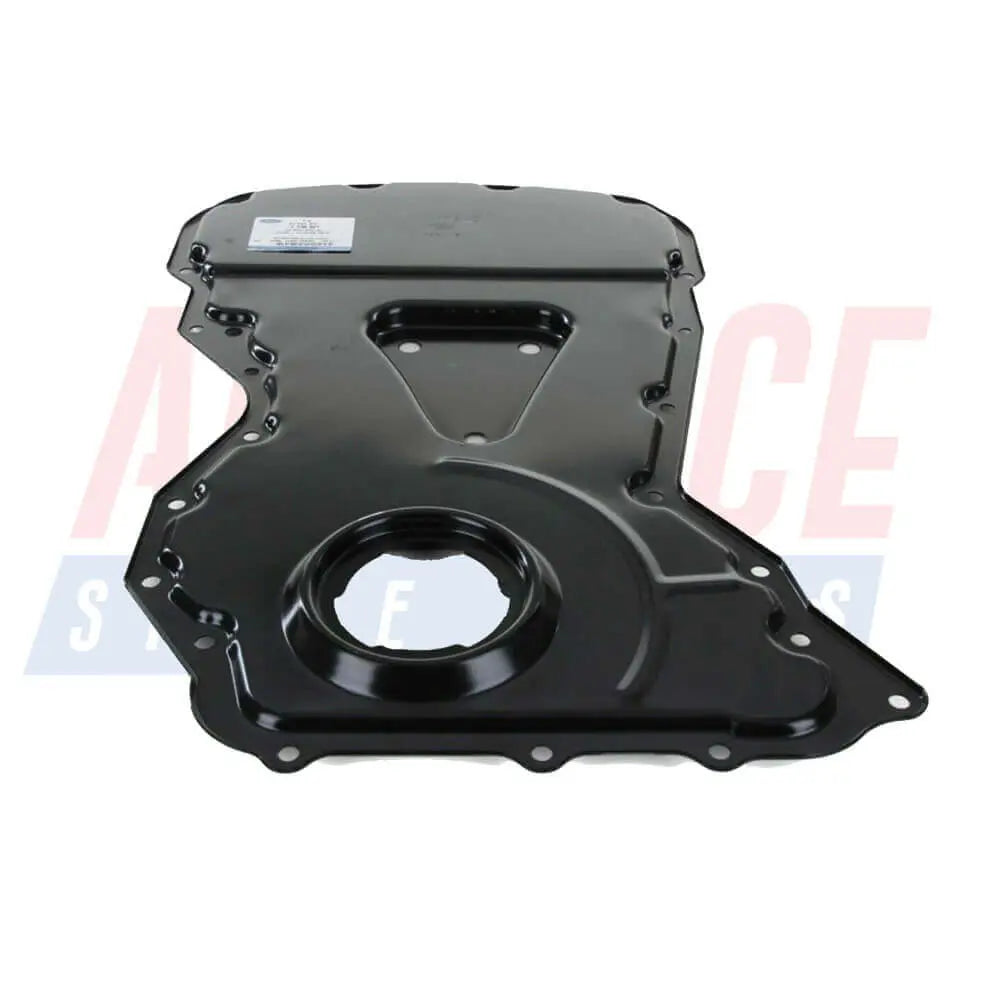Shop by Category
Timing Case
10 products
Showing 1 - 10 of 10 products
The Importance of Timing Cases in Automotive Engines
In the world of automotive engines, precision and synchronization are vital for optimal performance. Among the various components that contribute to the smooth operation of a car's engine, the timing case plays a crucial role. This article delves into the significance of timing cases, explaining their function, components, and the impact they have on engine performance and reliability.Understanding Timing Cases
A timing case, also known as a timing chain cover or timing cover, is a protective housing that encloses the timing chain or timing belt assembly. It is typically made of aluminum, plastic, or steel and is securely bolted to the front of the engine block. The timing case serves multiple purposes, including protecting the timing components from dirt, debris, and oil contamination, as well as providing support and alignment for the timing chain or belt.Components of a Timing Case
1) Timing Chain/Belt: The primary component housed within the timing case is the timing chain or timing belt. These components are responsible for synchronizing the rotation of the crankshaft and the camshaft(s), ensuring precise valve timing and overall engine operation.2) Tensioner: The timing case often contains a tensioner, which maintains the appropriate tension in the timing chain or belt. The tensioner ensures that there is no excessive slack or tightness, preventing potential damage or failure.
3) Guide Rails: Guide rails are another vital component found in some timing cases. They guide the timing chain or belt, preventing it from deviating from its intended path and minimizing the risk of interference with other engine components.
3) Seals and Gaskets: Timing cases incorporate seals and gaskets to prevent oil leaks and keep the timing components protected from external contaminants.
Importance of Timing Cases
1) Precise Timing: The timing case plays a crucial role in maintaining accurate valve timing, ensuring that the engine's intake and exhaust valves open and close at the appropriate moments. Proper valve timing is essential for maximizing power output, fuel efficiency, and minimizing emissions.2) Protection and Durability: Timing cases shield the timing chain or belt assembly from contaminants, such as dirt, dust, and oil, which can compromise their performance and lifespan. By keeping these components clean and lubricated, timing cases contribute to the longevity and reliability of the engine.
3) Noise Reduction: The timing case helps dampen the noise generated by the timing chain or belt, reducing the overall engine noise levels and providing a quieter driving experience.
Maintenance and Replacement
Over time, timing cases may develop leaks or suffer from wear and tear. Regular maintenance, including inspections for oil leaks and damage, is essential to ensure their proper function. If a timing case is damaged or compromised, it should be promptly replaced to prevent potential engine damage.In the intricate workings of an automotive engine, the timing case plays a vital role in synchronizing the engine's key components. By housing and protecting the timing chain or belt assembly, the timing case ensures precise valve timing, enhances engine performance, and contributes to the longevity and reliability of the engine. Regular maintenance and timely replacement of timing cases are essential to keep engines running smoothly. The precision and attention to detail given to timing cases exemplify the commitment of the automotive industry towards delivering high-performance vehicles that meet the demands of modern drivers.
Showing 1 - 10 of 10 products
Display
View
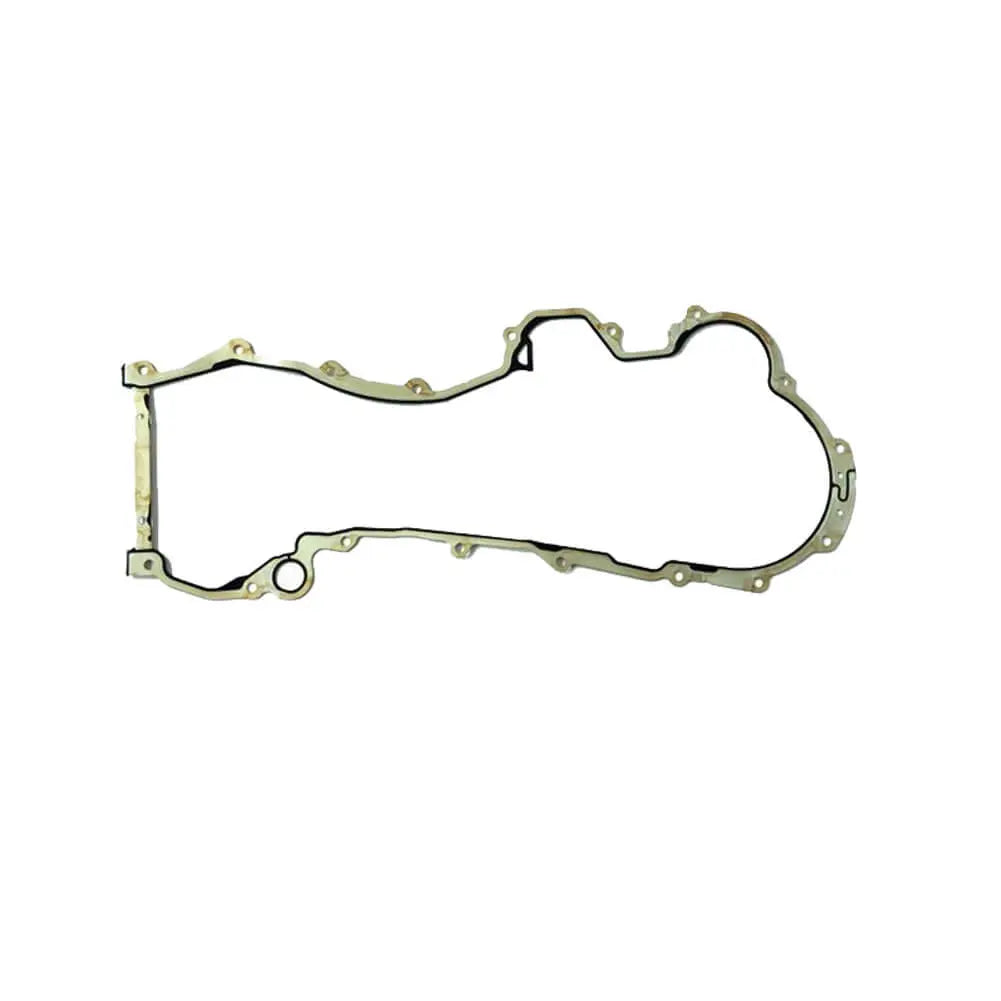
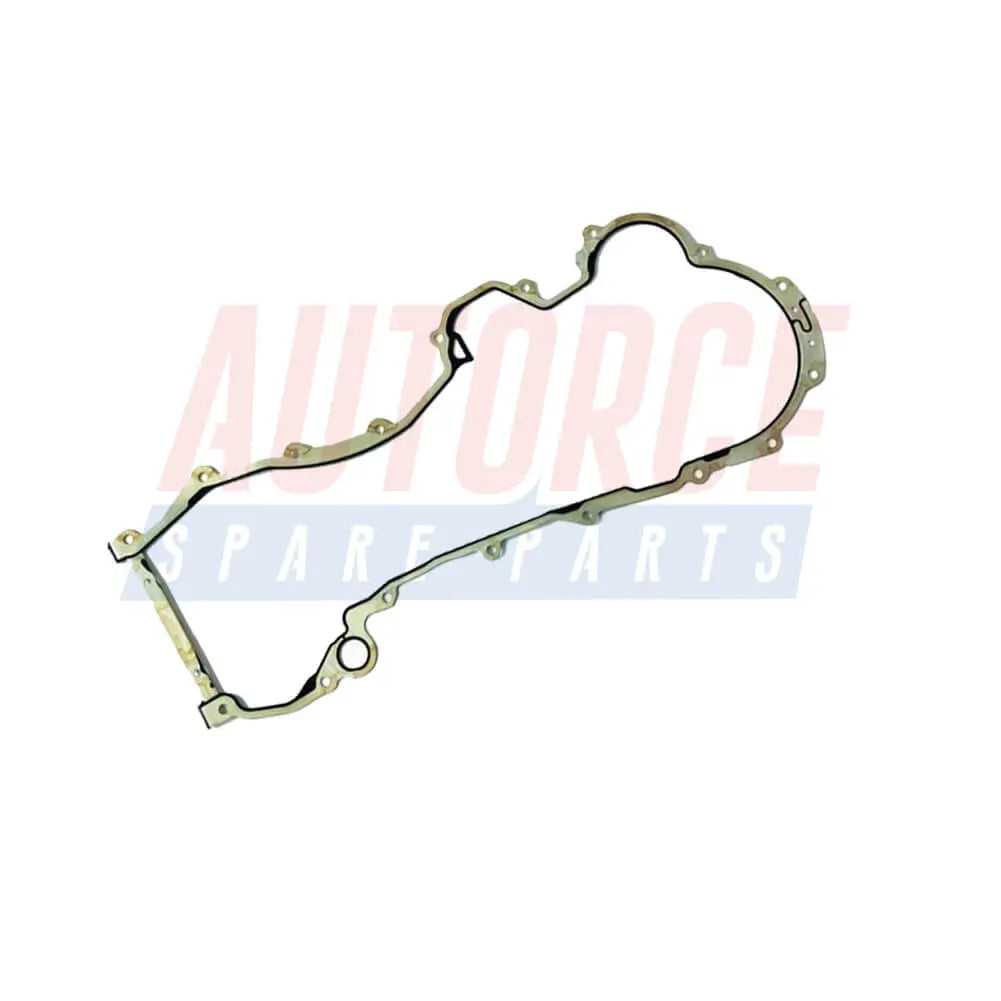
Timing Cover Gasket For Citroen Nemo For Ford KA For Peugeot Bipper - 0321.A1, 0805.K7
Sale price£11.90
No reviews
In stock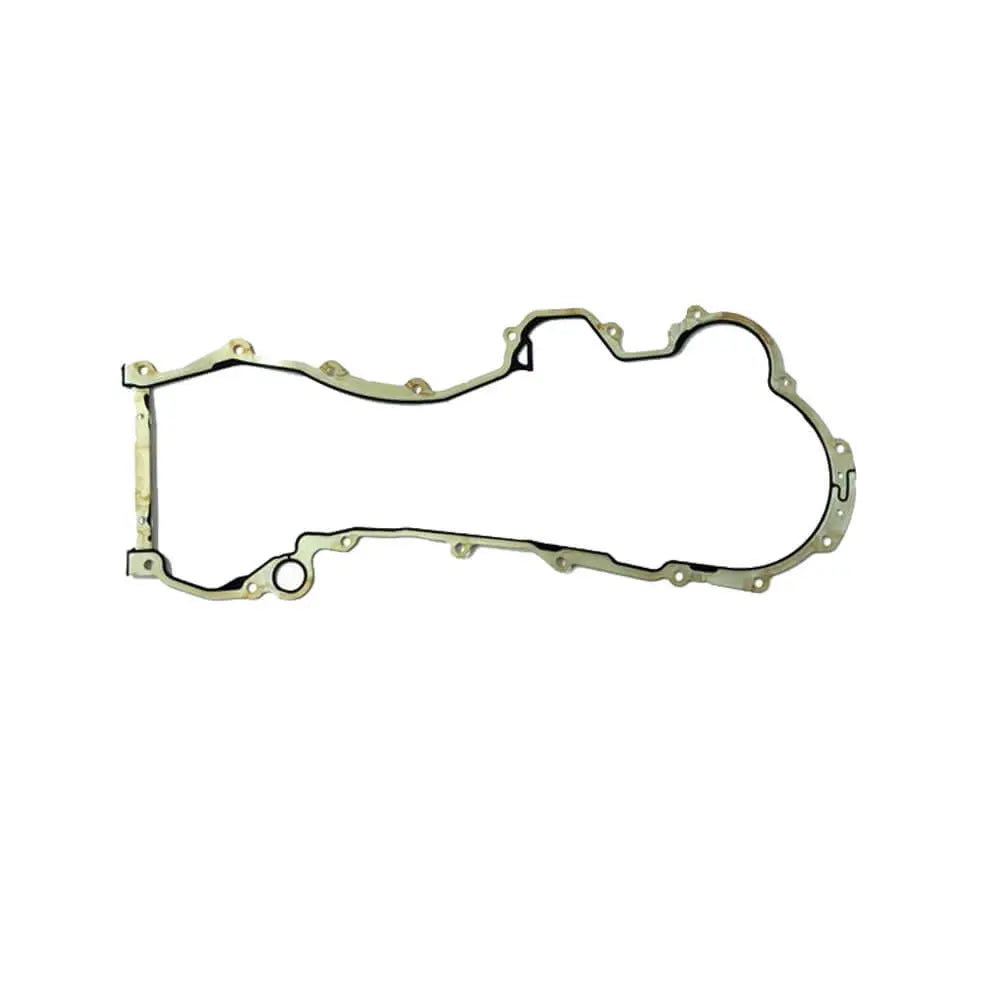
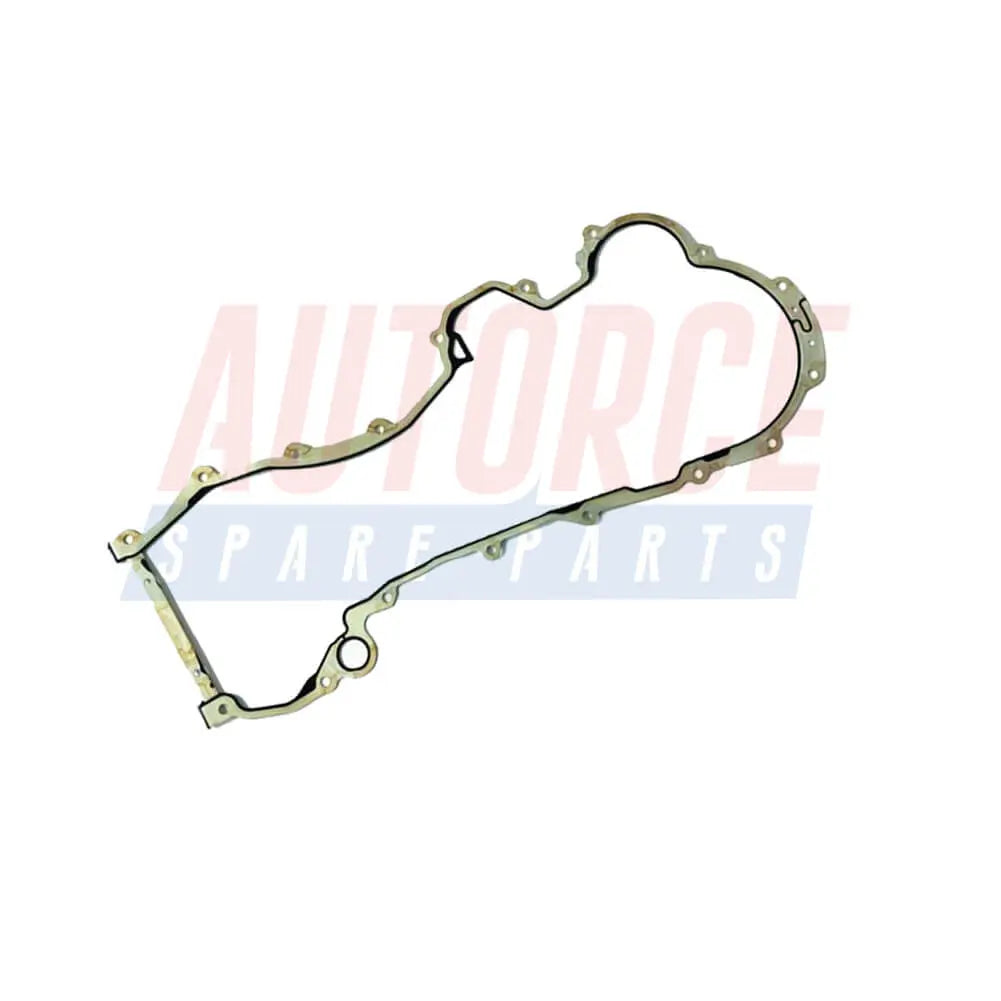
Timing Cover Gasket For Vauxhall Agila Astra Astravan Combo Corsa Meriva Tigra - 055265148
Sale price£11.90
No reviews
In stock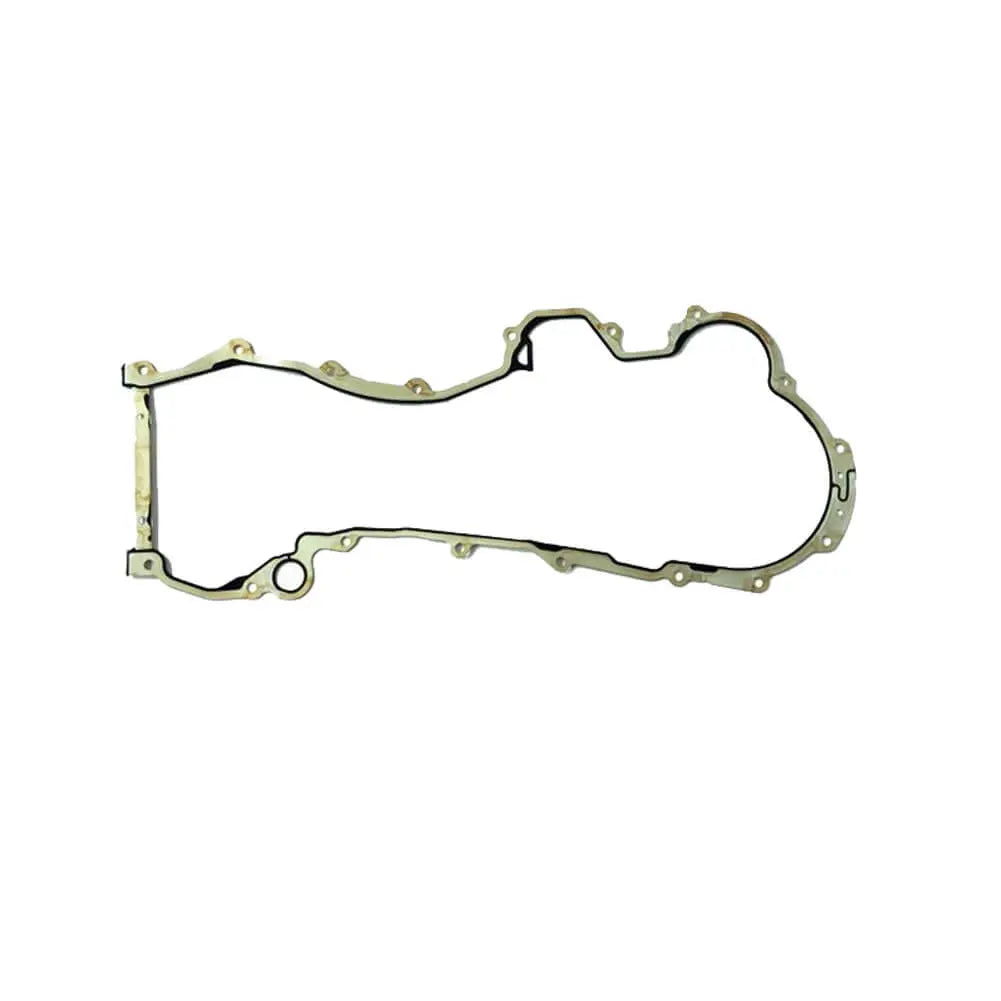
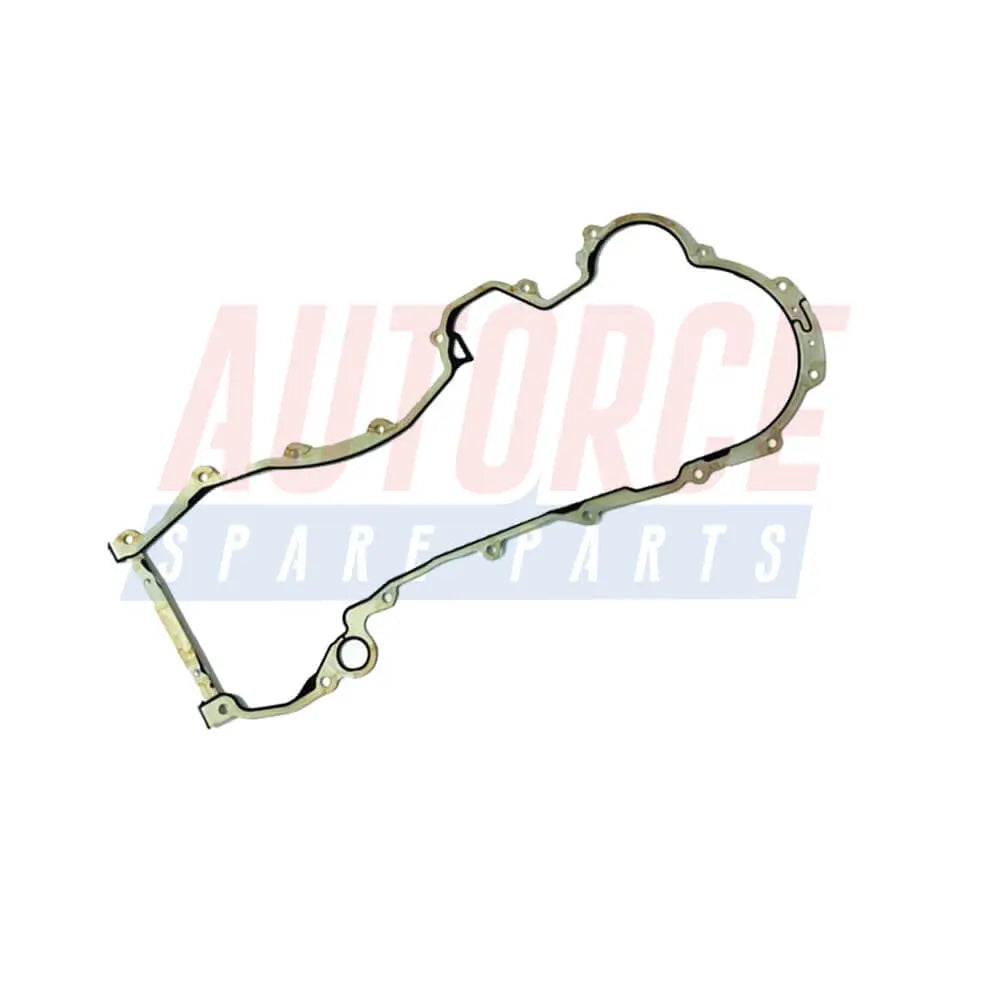
Timing Cover Gasket For Opel Agila Corsa Combo Meriva Astra Tigra Meriva - 055265148, 0646143
Sale price£11.90
No reviews
In stock
Filters (0)

